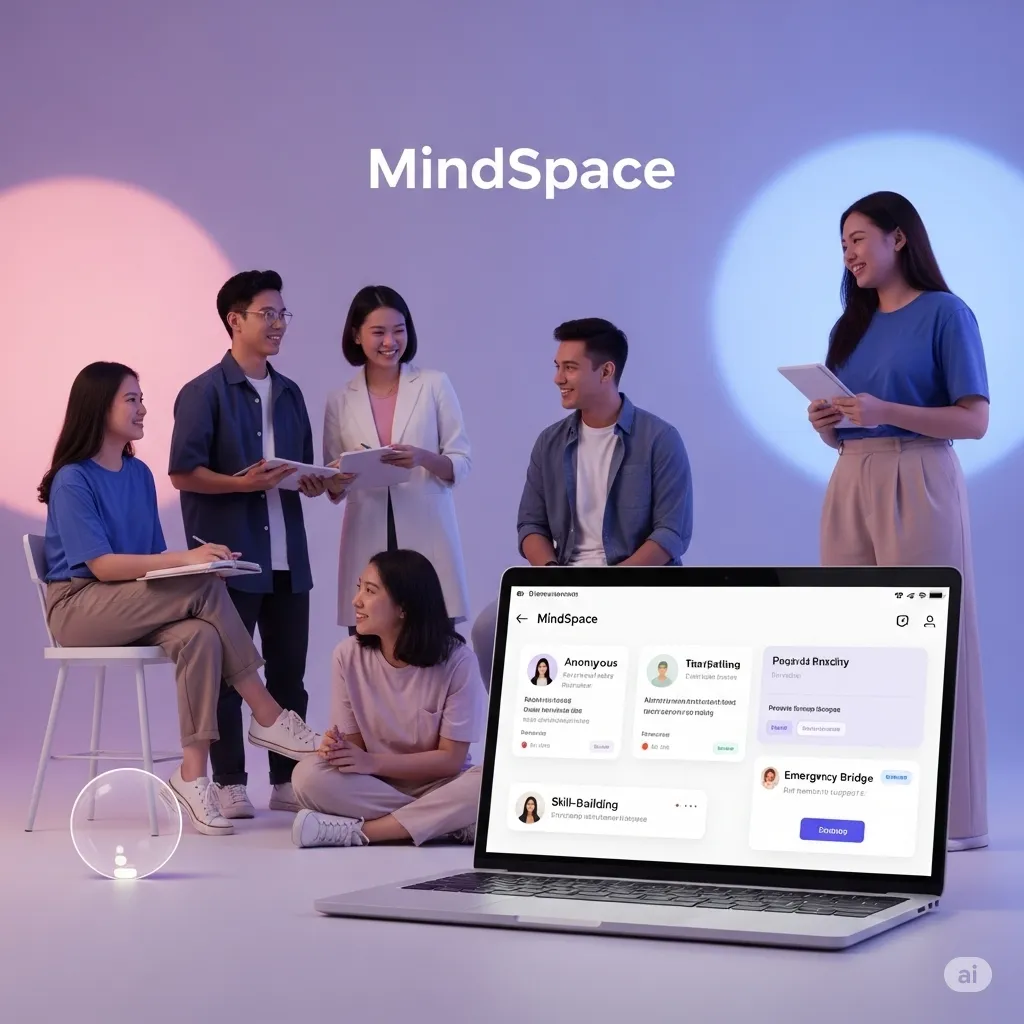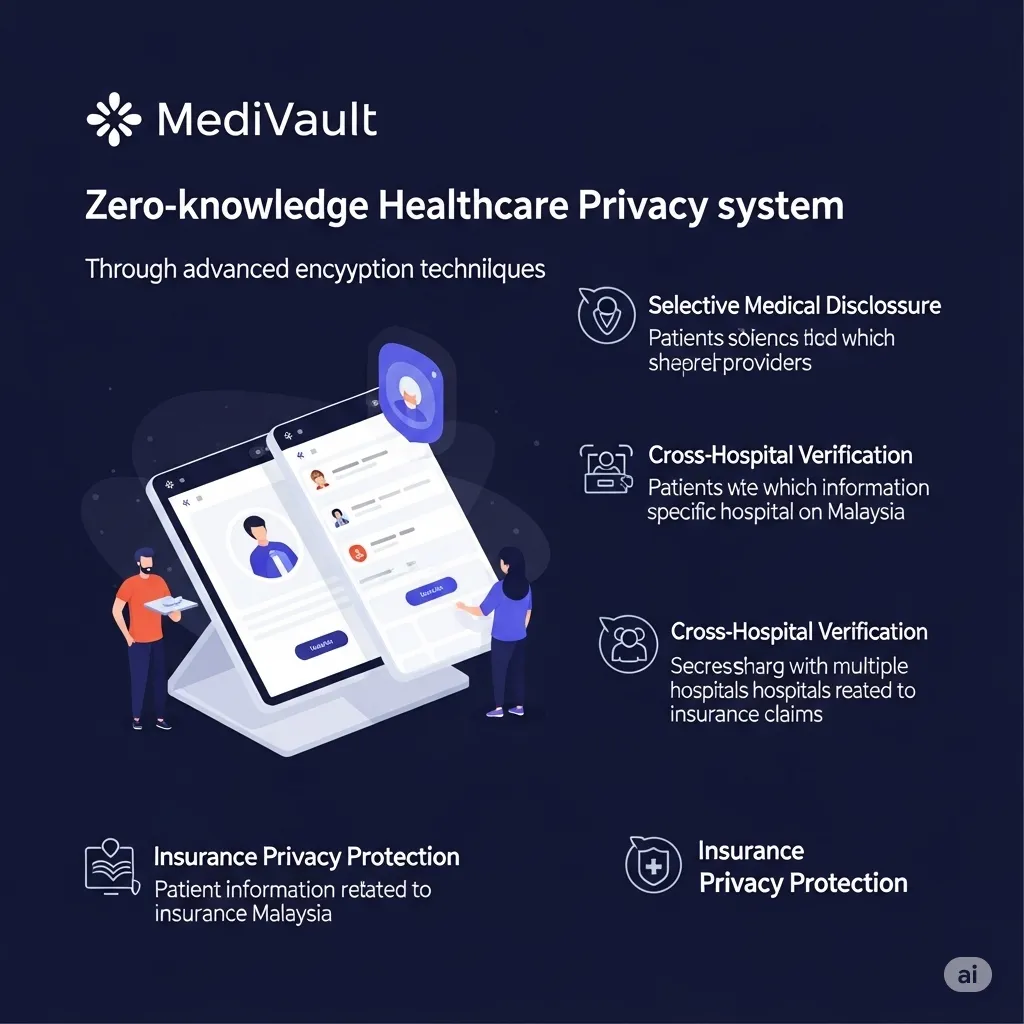The Real Talk: Mental Health in Malaysian Unis
Let's just say it - university can be rough. 😅
You're dealing with assignments, family expectations, financial stress, relationship drama, career anxiety, and that constant "am I even good enough?" voice in your head. Sound familiar?
Here's the thing: 73% of Malaysian university students report experiencing moderate to severe stress (according to recent studies), but only 12% seek professional help. Why? Because:
- Stigma is REAL in Asian families
- Counseling services are overbooked (3+ week waiting lists, anyone?)
- Professional therapy feels too formal/intimidating
- Students want to talk to people who actually GET their experience
Enter MindSpace - Where Students Support Students 💙
MindSpace isn't trying to replace professional therapy (that's important too!). Instead, we're creating a safe digital space where verified university students can connect for peer support, guided by evidence-based mental health frameworks.
Think of it as a hybrid between:
- Anonymous support groups
- Mental health tracking apps
- Peer mentoring programs
- Crisis intervention systems
How It Actually Works:
📱 Anonymous Matching: Algorithm pairs you with other students facing similar challenges (academic stress, family pressure, relationship issues, etc.)
🛡️ Safety First: All users verified through university email systems, moderated conversations, built-in crisis detection
📊 Progress Tracking: Mood journaling, goal setting, and celebrating small wins with your support network
🎯 Skill Building: Micro-learning modules on stress management, study techniques, emotional regulation (created by Malaysian mental health professionals)
🚨 Emergency Bridge: Direct connection to professional counselors when situations require expert intervention
Risks and challenges
The Honest Challenges (because we're keeping it 💯)
Challenge #1: The Stigma Struggle Mental health stigma in Malaysian/Asian culture is no joke. Students might be hesitant to join, even anonymously. Our approach: Start with stress management and study support (less stigmatized) and gradually build trust for deeper mental health conversations.
Challenge #2: Safety & Crisis Management What happens when someone is having suicidal thoughts through our platform? We need foolproof crisis intervention protocols. Solution: Partnership with Befrienders Malaysia, automatic risk detection algorithms, and 24/7 escalation procedures to professional services.
Challenge #3: University Buy-In Some universities might worry about liability or prefer students use official counseling services only. Strategy: Position as complement to, not replacement for, professional services. Pilot with progressive institutions like Taylor's first.
Challenge #4: Sustainability How do we keep this running without charging struggling students? Revenue model: Freemium approach - basic peer support free, premium features (professional guidance, advanced analytics) through university partnerships or affordable subscriptions.
Challenge #5: The "Is This Actually Helpful?" Question Peer support isn't professional therapy. We need to prove we're making a real difference without overstepping boundaries. Validation: Rigorous outcome measurement, partnership with psychology researchers, clear scope limitations, and seamless professional referral systems.
The Technical Stuff:
- Data privacy compliance (PDPA)
- Scalable cloud infrastructure
- Multi-language support (Bahasa Malaysia, English, Mandarin)
- Integration with existing university wellness programs

